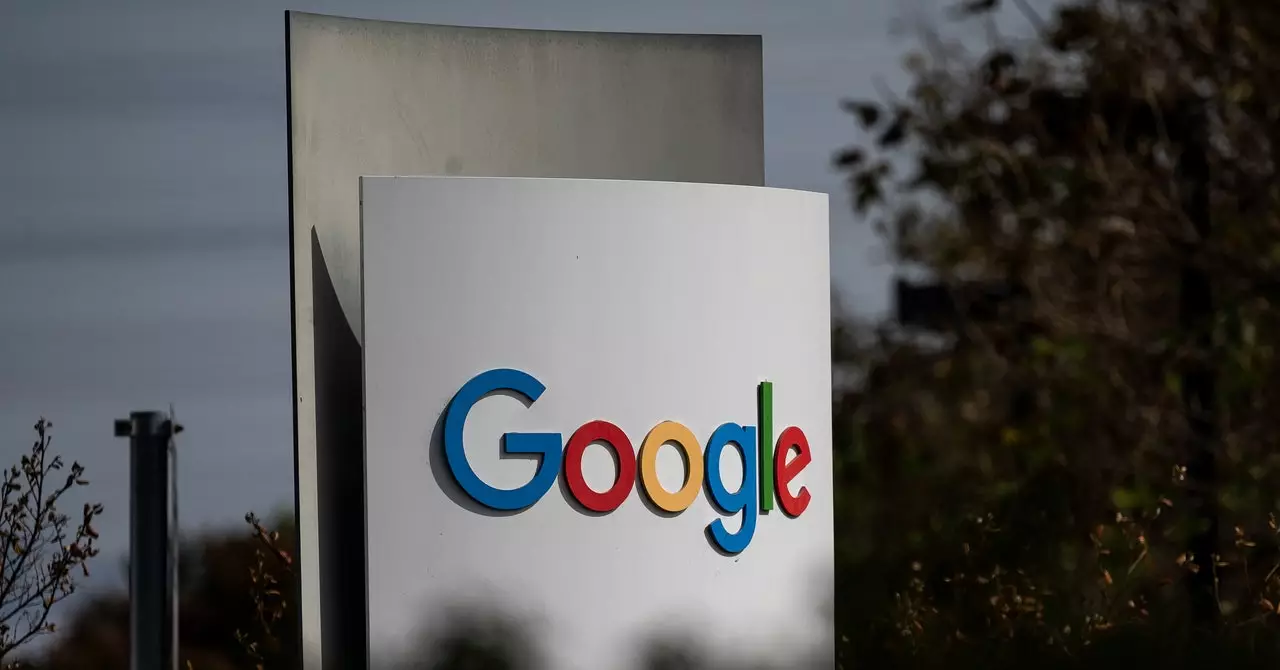The advent of generative AI has created a dynamic shift in the landscape of technology, particularly in consumer interaction with information systems. Google’s newly developed Gemini Assistant chatbot stands at the forefront of this change, aiming to challenge the dominance of OpenAI’s ChatGPT. However, navigating this competitive environment is fraught with challenges that stem not only from technological capabilities but also from regulatory scrutiny and market strategies.
In recent developments, Google’s approach to maintaining its market position has come under the lens of antitrust scrutiny. A U.S. federal court filing revealed Google’s proposal to impose restrictions on how its partnerships with device manufacturers, browser developers, and wireless carriers function concerning the distribution of its Gemini Assistant. This proposal appears to be a strategic maneuver in response to the U.S. Justice Department’s recommendations aimed at loosening Google’s grip on its partners. The Department has pushed for increased data transparency and has suggested that Google consider divesting parts of its competitive advantages, such as its Chrome browser, to level the playing field.
Judicial findings against Google have underscored its past practices, wherein the company appeared to have utilized default search arrangements to solidify its market position, entrenching itself deeply within user behaviors and preferences. This pronounced reliance on strategic partnerships successfully positioned Google as the default choice for many users, subsequently allowing it to influence advertising prices and maintain a robust profit margin. The upcoming hearings, which will determine any penalties for Google, could significantly alter its operational landscape.
As Google attempts to solidify its foothold through Gemini, it faces unprecedented competition from emerging AI chatbots like ChatGPT. These platforms are not merely technical rivals; they represent a shift in user expectations and interactions. The core challenge for Google will be transitioning its established dominance in traditional search into the AI-driven space, without replicating the monopolistic strategies that have landed it in legal trouble.
The court’s ruling may directly impact how Google navigates its relationships with partners. For instance, while Google has proposed measures that allow some control over default search positions on devices, these controls appear more flexible than historically observed. Importantly, Google has expressed an interest in promoting Gemini without making it a prerequisite for partnerships regarding other services. If it succeeds in this balance of promotion without mandate, it could secure a sustainable pathway for growth in this competitive environment.
Despite regulatory clouds looming over Google, investor confidence remains seemingly unshaken. The stock performance of Alphabet, Google’s parent company, has shown remarkable resilience, with gains surpassing 37% in 2024 alone. This optimism indicates a belief in Google’s long-term strategies and innovations, such as the rollout of Gemini. Investors recognize the potential for substantial revenue growth, especially in light of the robustness of AI integrations in everyday applications.
However, continued scrutiny and the likelihood of an appeal post-ruling could temper long-term predictions. The intricate dance of compliance, innovation, and strategic partnerships will be vital for Google’s sustained success in the AI sector. The relationship dynamics with manufacturers and developers will significantly influence how effectively the Gemini Assistant can penetrate the market.
As Google and OpenAI each work to carve out their market share, the implications of their competition reach beyond their isolated technologies. The evolution of AI chatbots is fundamentally altering user interactions with search engines, pushing traditional models to adapt or diminish. Google’s ability to reimagine its strategies will determine if it can leverage its existing user base while innovating to keep pace with a rapidly evolving competitive field.
While Google faces formidable challenges in promoting its Gemini Assistant amid antitrust scrutiny, its established brand, alongside strategic flexibility, could provide a roadmap to navigate the competitive AI landscape. The ongoing legal battles will not only shape Google’s operational future but may redefine industry standards in fair competition and consumer trust in digital platforms.

